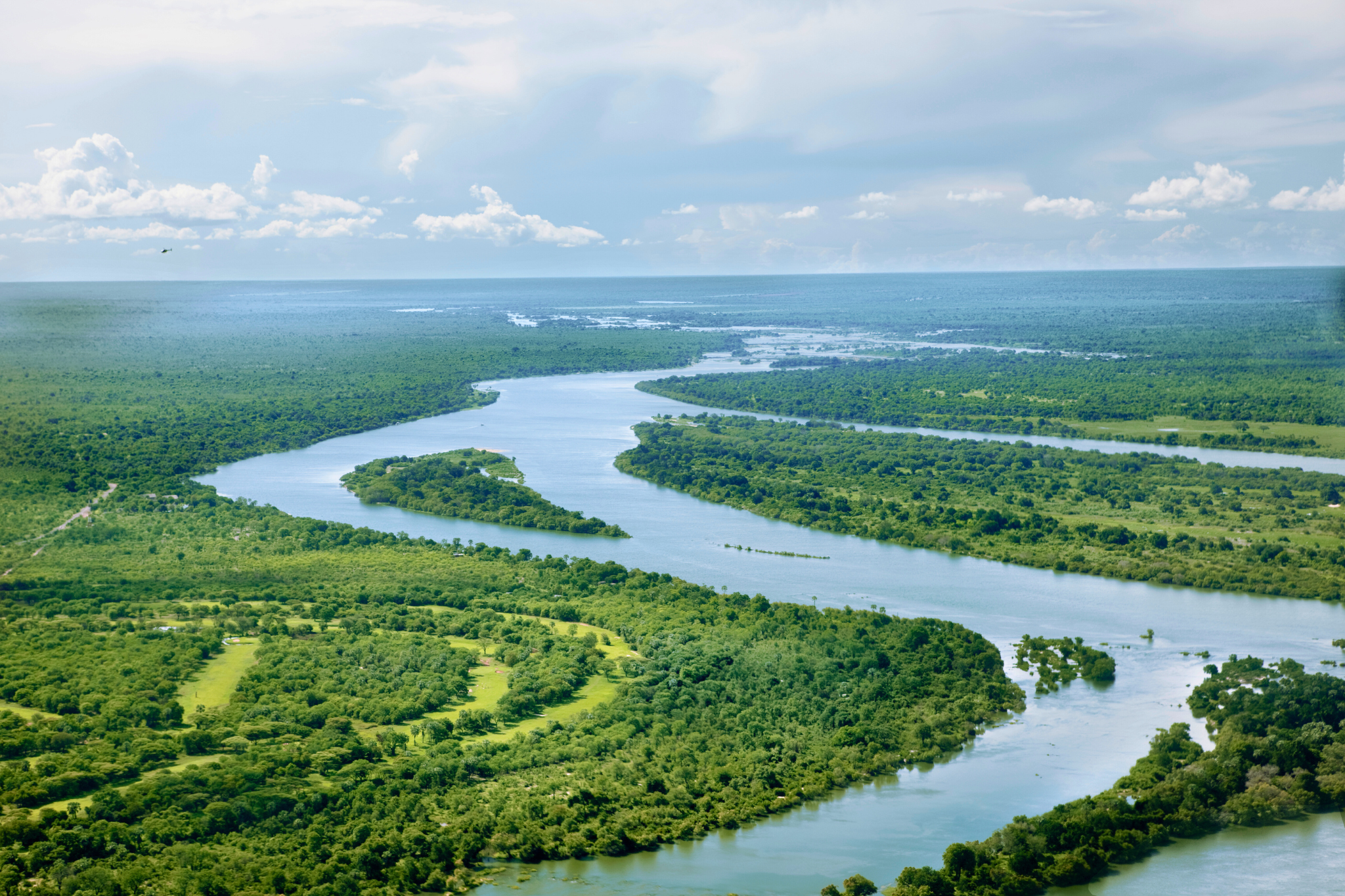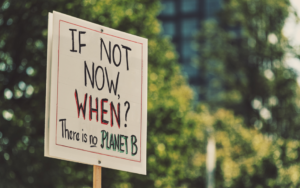Fostering Sustainable Progress: The Intersection of Law, Policy, and Environmental Conservation in Zambia
How law, policy, and conservation work hand in hand to drive positive environmental impact in our country.
In today’s world, environmental conservation has become an increasingly critical concern. To address the complex challenges posed by climate change, deforestation, pollution, and other environmental issues, a collaborative approach involving law, policy, and environmental conservation is essential.
Let’s explore the pivotal role that legal frameworks, policy decisions, and conservation efforts play in safeguarding the environment and promoting sustainable progress in Zambia.
The Power of Environmental Laws
Zambia’s commitment to upholding and safeguarding the environment is deeply rooted in its legal structures, most notably through the Environmental Management Act No. 12 of 2011. This cornerstone legislation not only sets the stage for integrated environmental management, the prevention of pollution, and sustainable use of natural resources but also introduces the statutory recognition of every Zambian’s right to a clean, safe, and healthy environment.
This right is significant as it anchors the moral and legal duty of environmental conservation within the nation’s legal ethos. The Act sends a clear message: every Zambian, whether individual or corporation, has a responsibility towards conserving the environment. Ensuring these rights and obligations are more than just ink on paper is where environmental lawyers shine. They:
Interpret the laws: They help decode complex environmental statutes, making them accessible and understandable to all stakeholders.
Advocate for environmental rights: Acting as voices for both nature and the public, they ensure that the nation’s legal commitment to a clean environment is upheld.
Litigate violations: When there are breaches in environmental protocols, these lawyers step in, ensuring accountability and adherence to the nation’s environmental guidelines.
Collaborate with stakeholders: Often working alongside NGOs, governmental bodies, and corporations, they play a crucial role in guiding compliance, shaping policy, and ensuring development takes a sustainable and legal route.
The Zambia Environmental Management Agency (ZEMA), an instrumental body in this ecosystem, works in synergy with environmental lawyers, ensuring that the rights and responsibilities outlined in the Environmental Management Act are effectively put into practice.
Policy Frameworks for Environmental Sustainability
The nexus between law and policy is profound, with policy decisions often acting as the compass guiding the evolution of legal frameworks. Zambia has been proactive in this arena, formulating policies that reflect its commitment to environmental sustainability.
The National Policy on Environment, launched in 2007, is a testament to this. It crafts a comprehensive framework for effective natural resource utilization and environmental conservation, reinforcing Zambia’s mission to eradicate poverty while respecting the planet. Another pivotal policy move was the unveiling of the National Policy on Climate Change in March 2017, aligned with the global commitments made in the Paris Climate Change Agreement.
Furthermore, the latest National Policy, the 8th National Development Plan, prominently features “environmental sustainability” as a stand-alone pillar. This move underscores the integration of environmental considerations into the nation’s broader development strategy, though the full realization of this commitment in practice remains to be seen.
International Collaboration for Global Conservation
The environment knows no borders. Recognizing this, international collaborations have been paramount. Agreements like the Paris Agreement, the Convention on Biological Diversity, and the Kyoto Protocol have set the stage for global joint action on pressing environmental issues. These agreements emphasize knowledge sharing, technology transfers, and shared accountability – fostering a global sense of duty towards our shared home.
Challenges in Implementation and Enforcement
Despite robust laws and policies, effectiveness lies in enforcement. Challenges persist, especially when enforcement infrastructures are under-resourced or when economic interests overshadow environmental ones. A holistic approach, involving coordination across governmental agencies, businesses, and civil society, is crucial to ensuring that the spirit of these laws and policies is realized on the ground.
The Role of Civil Society and Advocacy
Civil society organizations and advocacy groups like CAZ, act as the lifeblood of environmental conservation efforts. Through campaigns, lobbying, and education drives, they not only push for stringent regulations but also ensure decision-makers are held accountable. Their tireless efforts play a fundamental role in driving Zambia, and the world, towards a sustainable future.
In conclusion, the intersection of law, policy, and conservation in Zambia is where the future of the planet and its people is being shaped. With committed environmental lawyers, robust policies, and an active civil society, Zambia is carving a path towards sustainable progress, setting a precedent for nations worldwide.




